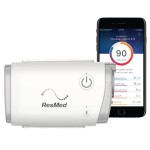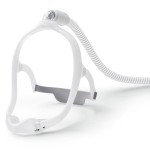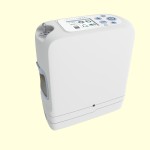Hypoglossal Nerve Stimulation vs CPAP Therapy
Hypoglossal Nerve Stimulation (HNS) is a surgical treatment for sleep apnea that involves the implantation of a small device that stimulates the hypoglossal nerve, which controls the tongue and other muscles in the throat. The device is placed under the skin in the chest and is controlled by a handheld remote. The device sends mild electrical impulses to the hypoglossal nerve during sleep, which helps to keep the airway open and reduce the frequency and severity of apnea events.
Compared to continuous positive airway pressure (CPAP), which is the most common treatment for sleep apnea, HNS has some advantages and disadvantages. One advantage is that it is a more natural treatment, as it works with the body's own anatomy and physiology to keep the airway open. HNS is also less invasive than some other surgical treatments for sleep apnea, such as uvulopalatopharyngoplasty (UPPP).
On the other hand, HNS is not appropriate for everyone, and it may not be as effective as CPAP for certain types of sleep apnea or for patients with more severe cases of the condition. Additionally, the implantation of the device can be expensive and may require a hospital stay.
Here are some general guidelines for who may qualify for HNS:
-
Moderate to severe sleep apnea: HNS is typically recommended for patients with moderate to severe sleep apnea who have not responded well to other treatments, such as continuous positive airway pressure (CPAP).
-
Body Mass Index (BMI) less than 32: HNS is generally more effective in patients with a BMI less than 32.
-
Anatomical features: HNS is most effective in patients with certain anatomical features, such as tongue base obstruction or retrognathia (a small or retruded lower jaw).
-
Tolerance of therapy: Patients must be able to tolerate the surgical procedure and have the ability to operate the remote control for the device.
-
Other medical conditions: Patients should not have any medical conditions that would preclude them from undergoing the procedure, such as bleeding disorders or other health issues that would make the surgery risky.
It's important to note that the decision to undergo HNS therapy is made on a case-by-case basis, and not all patients who meet these general guidelines will be suitable for the procedure. If you're interested in HNS therapy, you should talk to your healthcare provider to determine if HNS is an appropriate treatment option for your individual circumstances.





